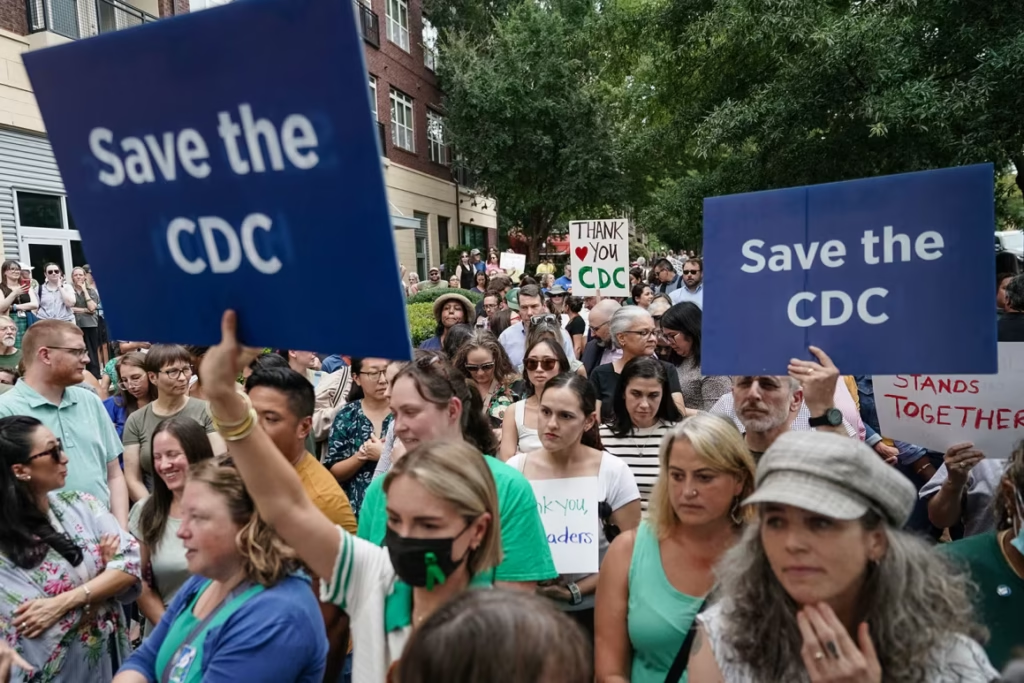The Centers for Disease Control and Prevention (CDC) has been thrown into crisis after its newly confirmed director, Dr. Susan Monarez, was abruptly removed from her role following a clash with Health Secretary Robert F. Kennedy Jr. over vaccine policy. Monarez, a respected microbiologist with decades of experience in public health, lasted less than a month in the position before being sidelined.
At the heart of the dispute was Monarez’s refusal to endorse sweeping changes to COVID-19 vaccine guidance that experts say contradicted scientific consensus. Kennedy, whose “Make America Healthy Again” agenda has drawn controversy for its skepticism toward vaccines, reportedly pressed Monarez to approve directives that she argued would undermine public trust and public health.
Her ouster triggered a wave of resignations at the CDC. Several high-ranking officials, including Demetre Daskalakis and Debra Houry, stepped down in protest, warning that scientific expertise was being replaced by ideology. Observers say the agency is now facing a credibility crisis at a time when seasonal illnesses like flu and COVID-19 remain significant threats.
The turmoil raises broader concerns about the politicization of public health. Kennedy has already disbanded the CDC’s Advisory Committee on Immunization Practices (ACIP), replacing experts with figures aligned with his views. Public health advocates warn that these moves could undermine vaccination programs and hamper emergency preparedness.
Legal questions also surround Monarez’s dismissal. Because she was Senate-confirmed, some legal scholars argue that only the president can remove her, not the health secretary. Her lawyers are reportedly exploring options to challenge the decision, a fight that could set a precedent for how independent scientific agencies are managed in the future.
For many, the episode highlights a dangerous trend: when science becomes subordinate to politics, the nation’s health security is at risk. As one former CDC official put it, “It feels like the CDC is over.” Whether that proves true depends on how quickly the agency can rebuild trust—and whether evidence, not ideology, drives the decisions that affect millions of lives.


